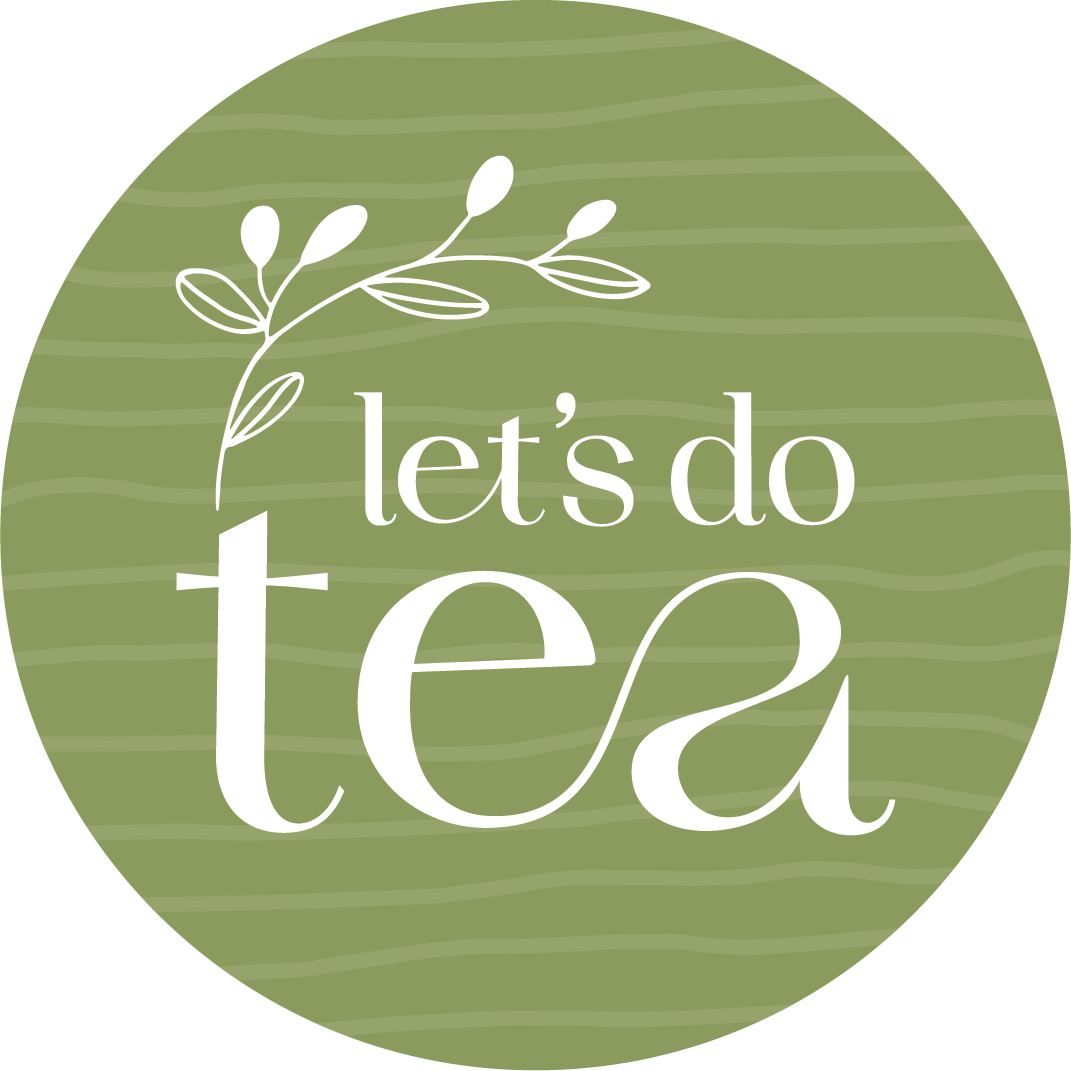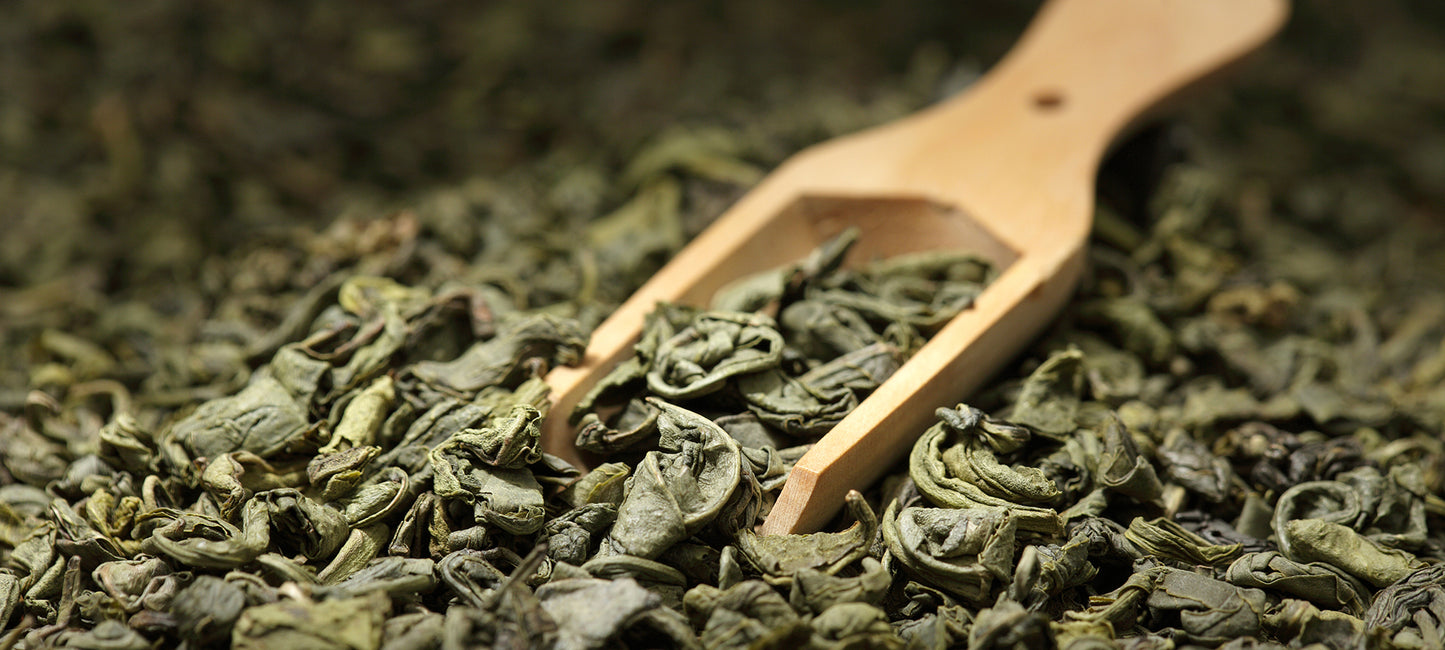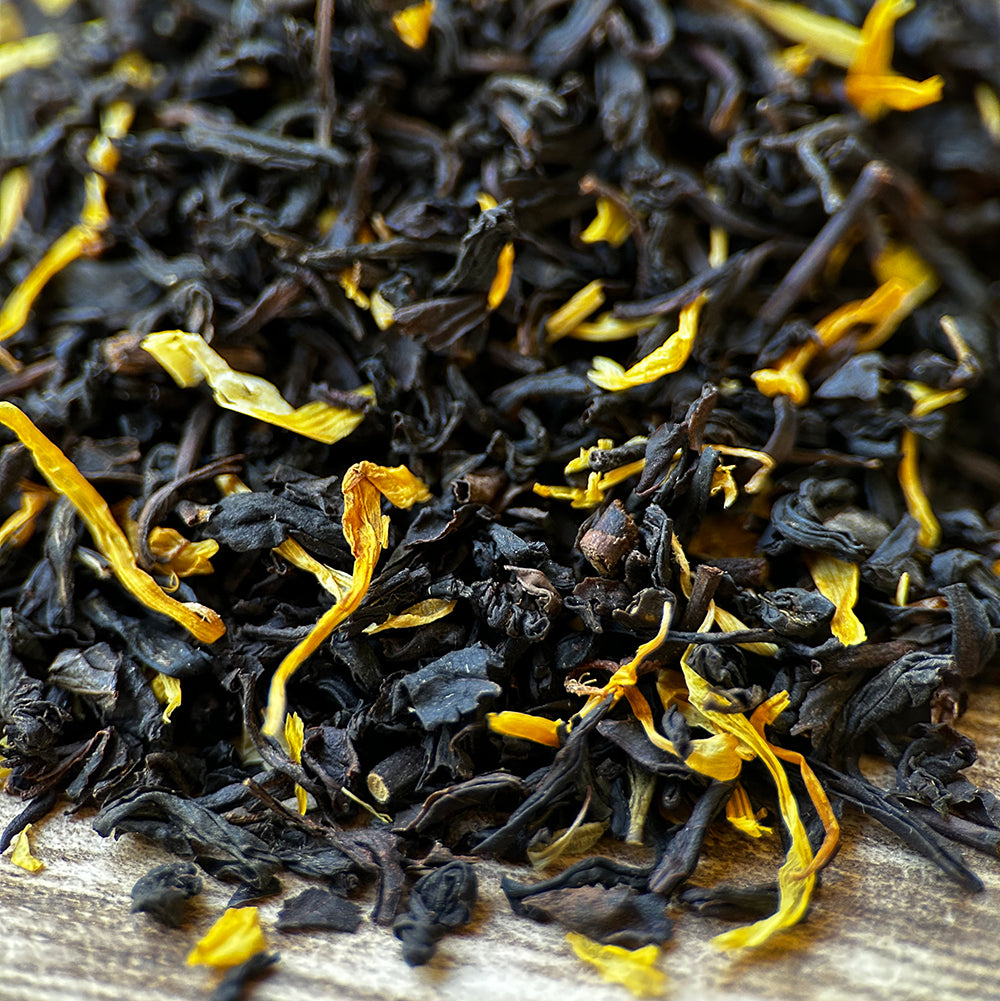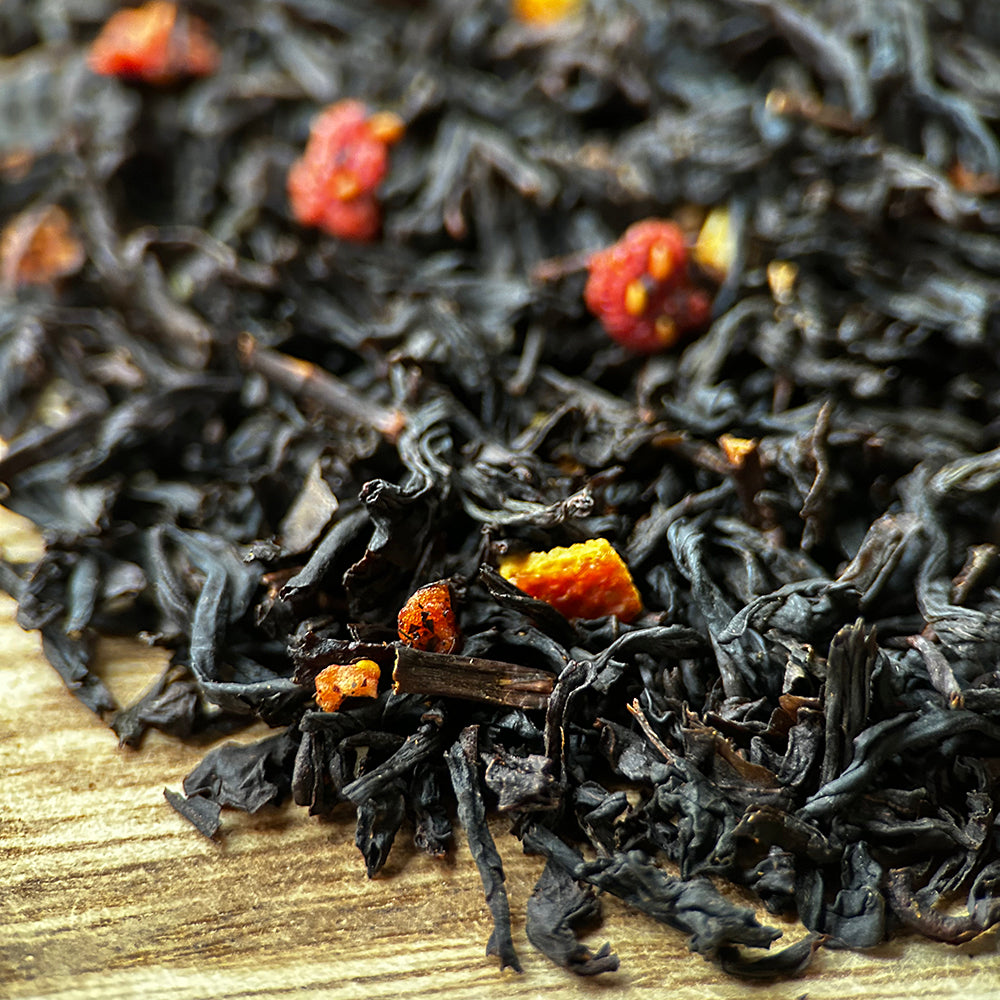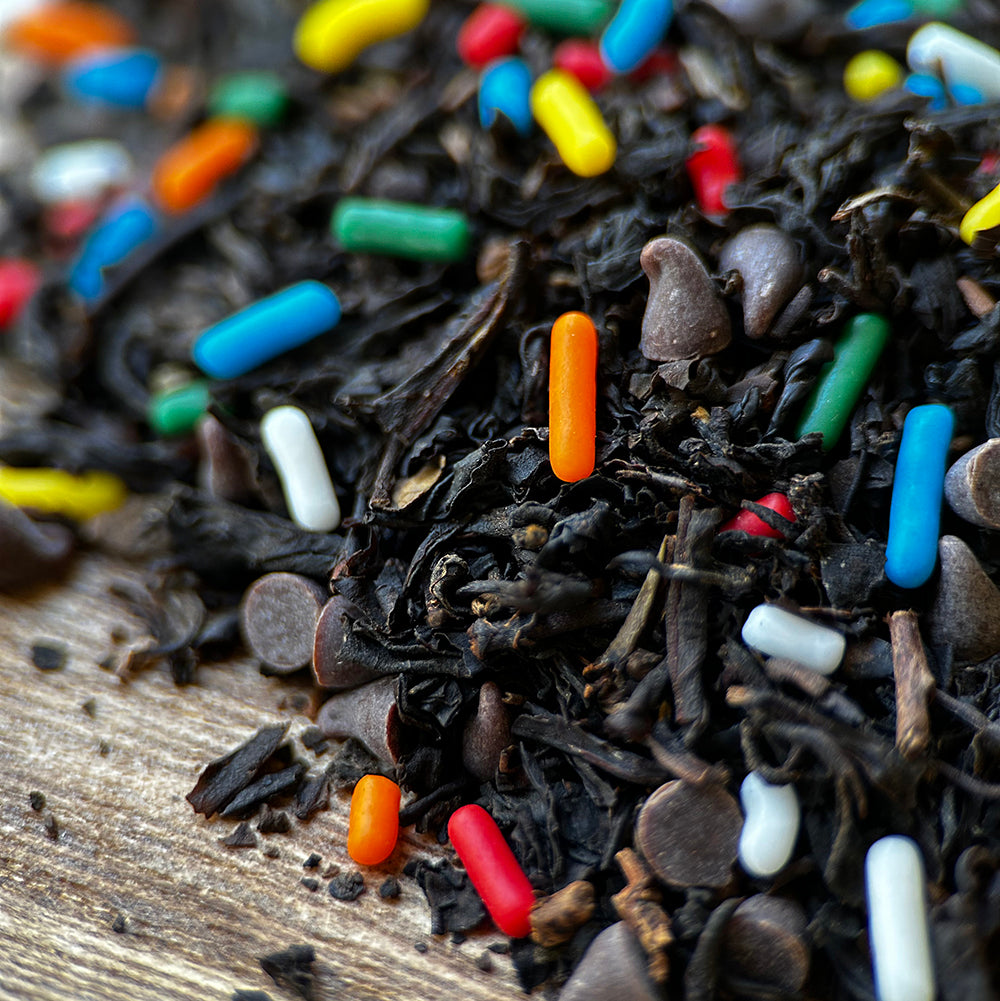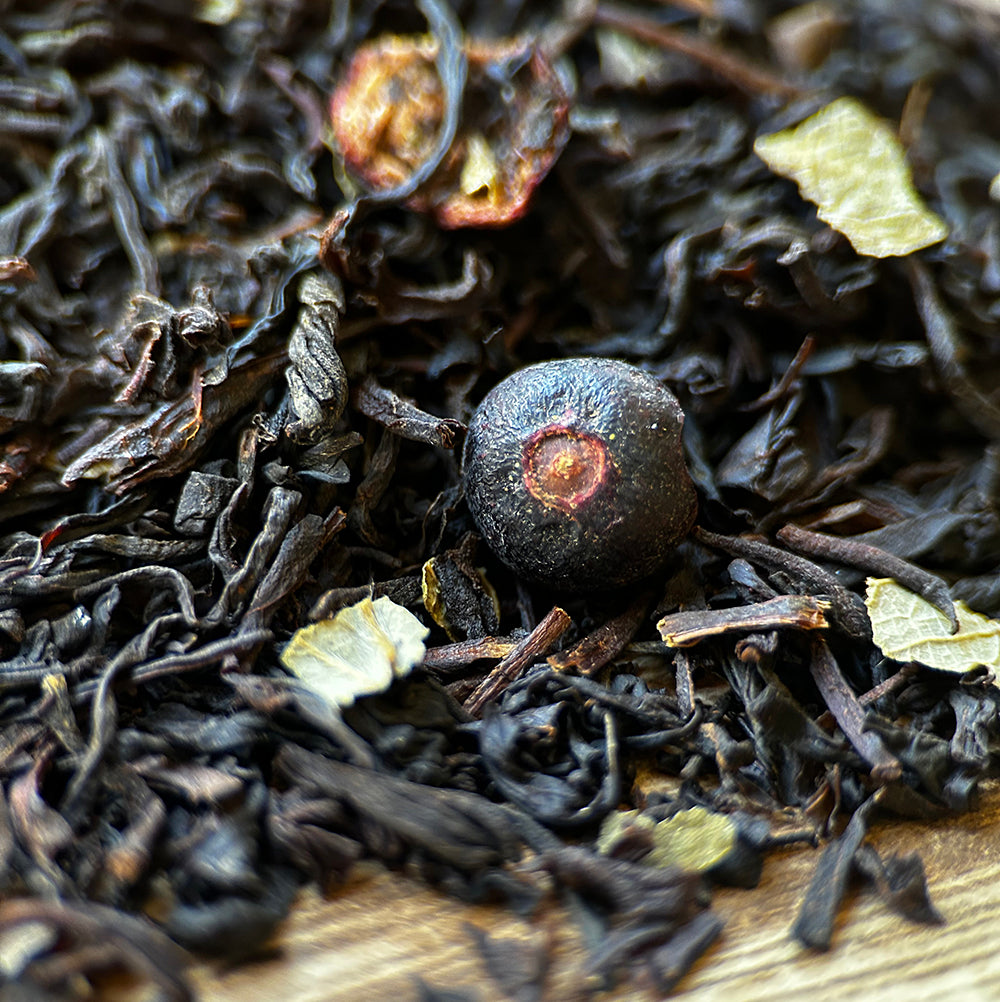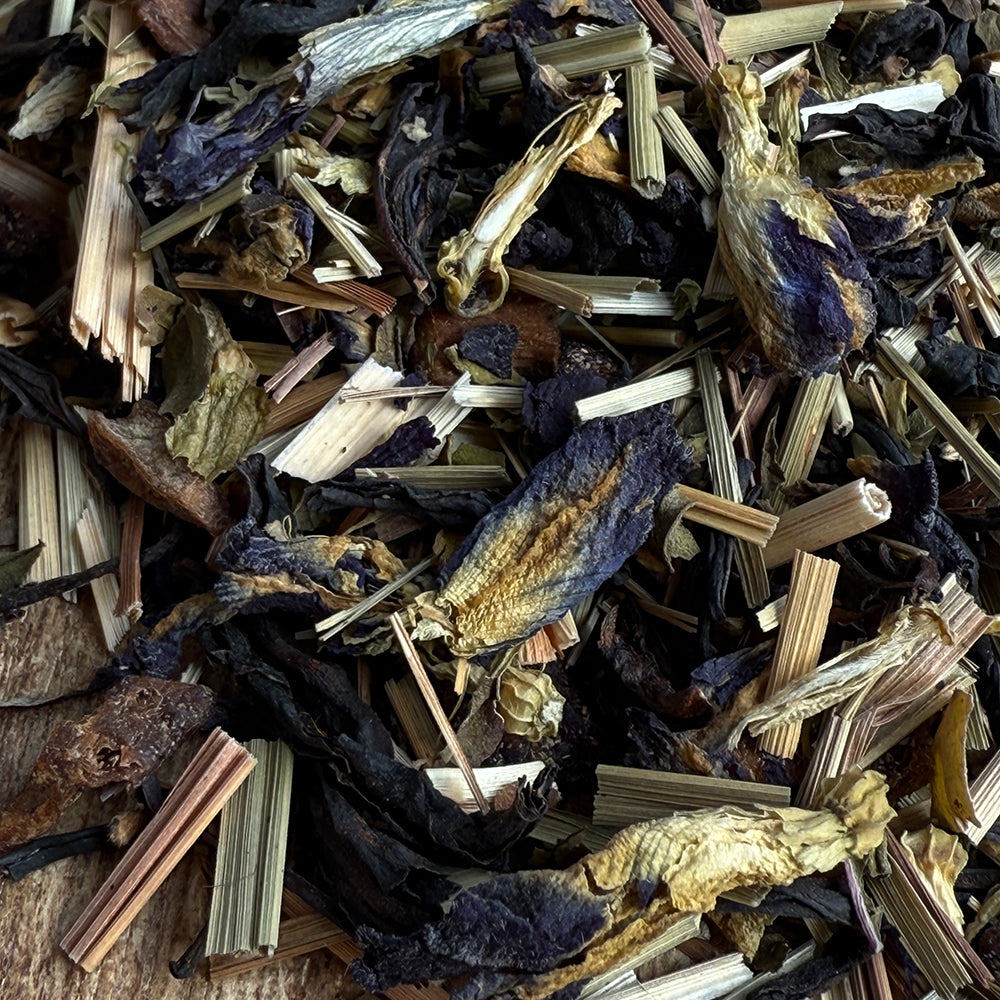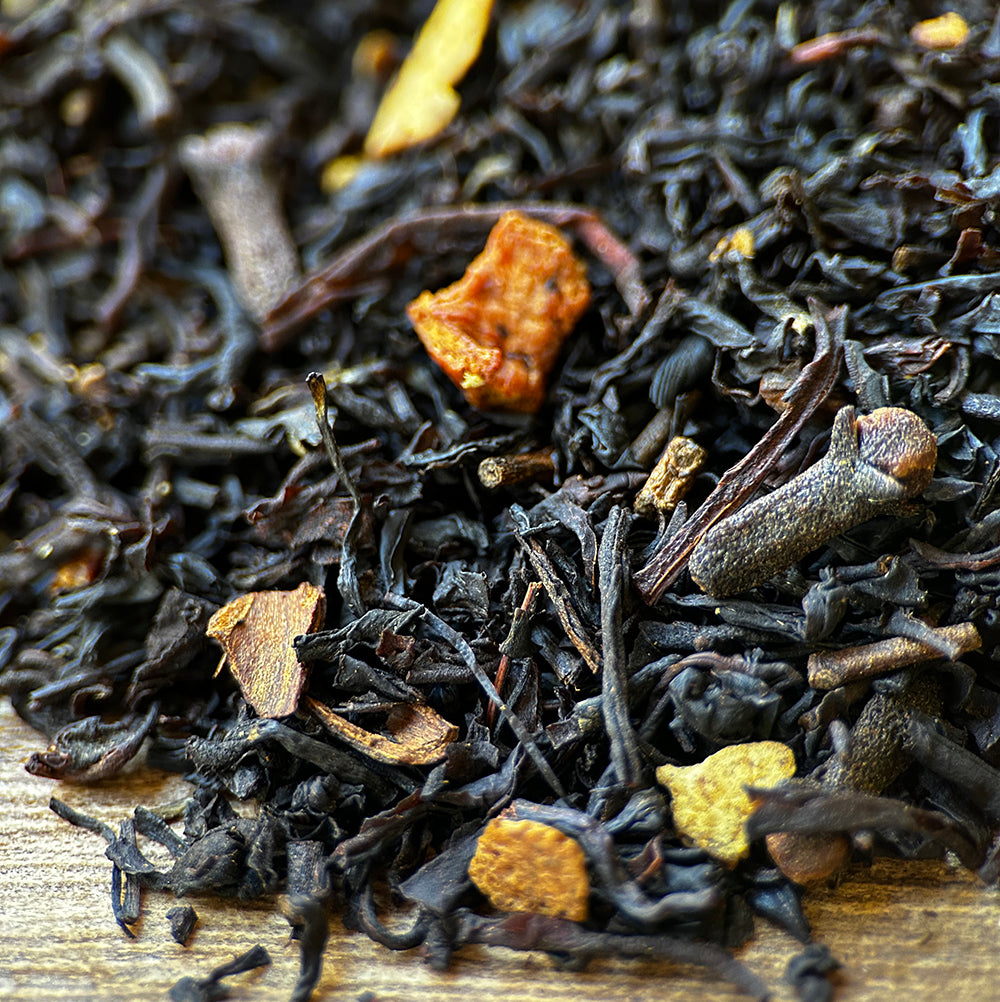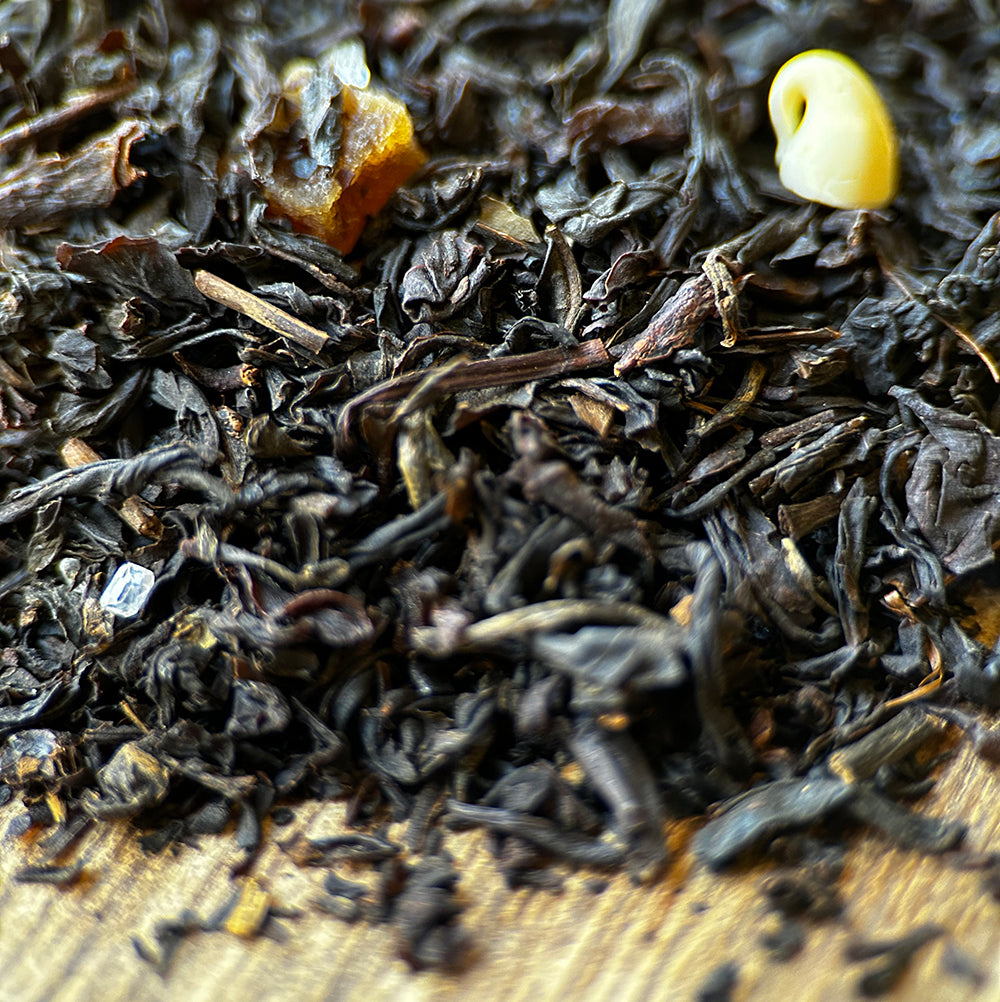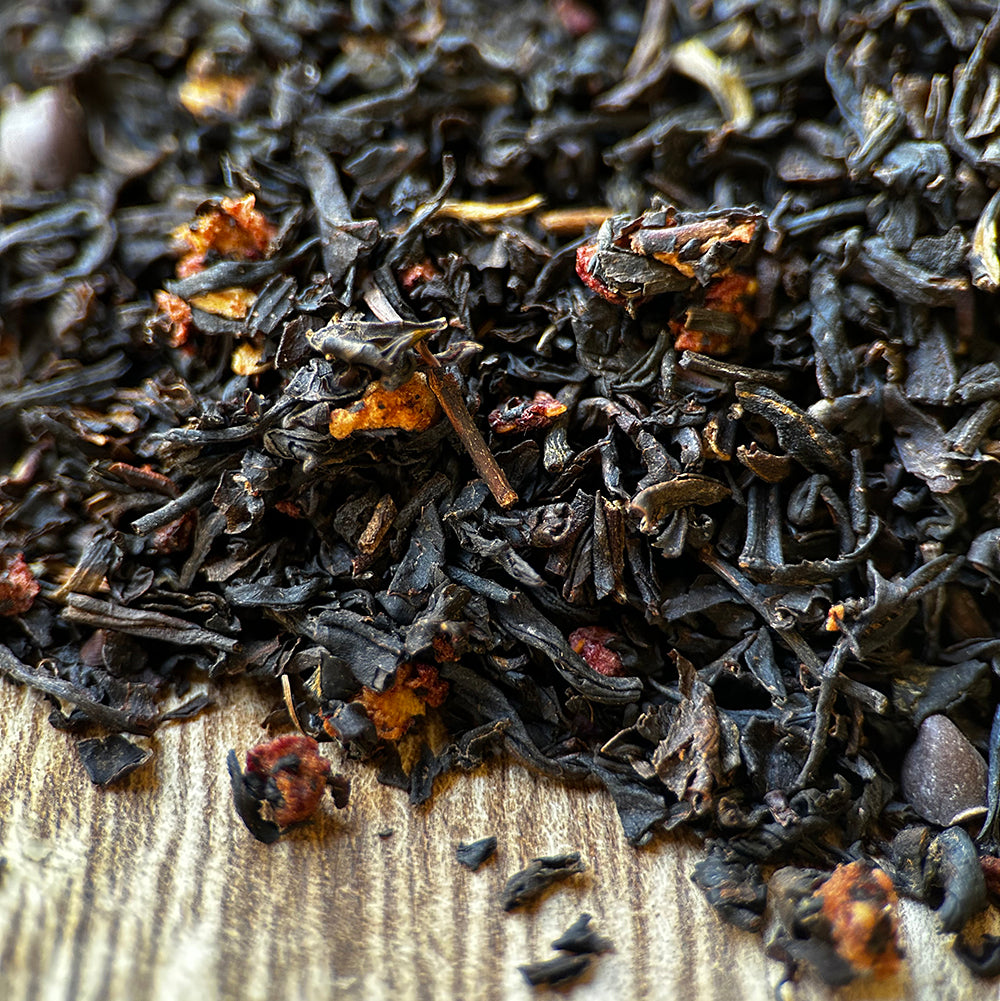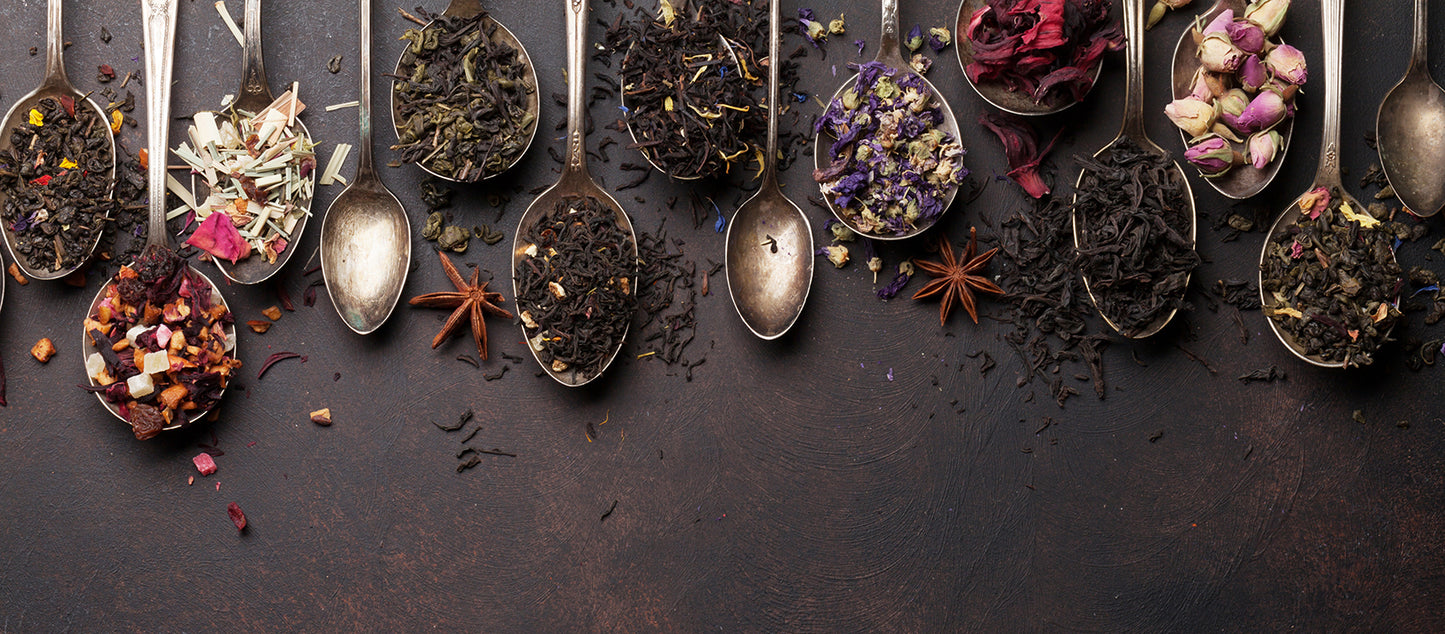
WHAT IS TEA?
Tea is derived from the leaves of Camellia sinensis, an evergreen plant that is indigenous to China and India. The plant was later introduced in Japan and many parts of Southeast Asia. Many people are surprised to learn that, other than tisanes, all teas – white, green, oolong, and black – are made from the leaves of the Camellia sinensis plant. The significant differences of each of these types of tea develop during the processing of the leaves.
The distinguishing factor that determines whether a tea plant will become a white, green, oolong, or black tea is oxidation. Oxidation begins after the leaf has been plucked from the plant during the process of being dried, withered, rolled, and heat treated. A black tea is fully oxidized, while a white tea is barely oxidized at all. All other blends (herbal, rooibos, mate, herbal, fruit, etc.) are not technically “tea”; they are tisanes (pronounced tea-zahn), which are infusions of fragrant herbs, fruit, bark, flowers, seeds or spices that are steeped in hot water.

WHY LOOSE LEAF TEA?
While tea bags have their own set of advantages, our hearts are true to loose leaf tea. Here are some advantages of loose leaf tea over tea bags:
Higher Quality: Loose leaf teas are typically made from whole or large tea leaves, while tea bags often contain smaller, broken tea leaves and dust. This means that loose leaf tea generally offers a higher quality and fresher flavor.
Better Flavor: The larger tea leaves in loose leaf tea have more room to expand, allowing for a better infusion and a more complex and flavorful cup of tea.
Fresher Aroma: Loose leaf teas tend to retain their aroma and flavor better because they are usually stored in airtight containers and have less exposure to air than tea bags.
Customizable Brewing: Loose leaf tea gives you more control over the brewing process. You can adjust the amount of tea, water temperature, and steeping time to suit your taste, resulting in a more personalized cup of tea.
Environmentally Friendly: Loose leaf tea is often more environmentally friendly because it reduces the amount of waste associated with tea bags and their packaging.
Variety and Selection: Loose leaf tea offers a wider range of options, including single-origin teas, unique blends, and specialty teas. This allows tea enthusiasts to explore a diverse world of tea flavors and types.
Health Benefits: Loose leaf tea contains more antioxidants and beneficial compounds than the finely ground tea found in most tea bags.
Reusable Infusers: Loose leaf tea can be used with various tea infusers, such as tea balls, tea filters, and teapots with built-in infusers. These infusers are reusable, making them a more sustainable choice.
Aesthetic Pleasure: The ritual of preparing loose leaf tea can be more aesthetically pleasing and enjoyable for those who appreciate the process of brewing tea.
Potentially Cost-Effective: While loose leaf tea may have a higher upfront cost, it can be more cost-effective in the long run, as you can often get multiple infusions from a single serving of loose leaf tea.
We should note that there are situations where tea bags may be more convenient, such as when you're on the go or need a quick cup of tea. Ultimately, the choice between loose leaf tea and tea bags depends on your personal preferences, lifestyle, and priorities. The best kind of tea in the world is the kind YOU enjoy.
The health benefits of TEA
BLACK TEA is rich in antioxidants, which help protect the body’s cells from damage caused by free radicals, and has anti-inflammatory properties that can benefit the immune system and help lower the risk of developing certain types of cancer. Drinking black tea regularly may also reduce the risk of heart disease by lowering blood pressure and improving cholesterol levels. In addition, black tea contains compounds that may improve mental alertness and concentration, reduce stress and anxiety, burn fat and speed up metabolism, and even prevent tooth decay. It's important to note that adding excessive amounts of sugar or milk can negate some of these health benefits.
GREEN TEA is rich in antioxidants called catechins. These help protect cells from damage caused by free radicals, which can contribute to aging and disease. Drinking green tea regularly may help lower the risk of developing chronic conditions, such as heart disease, high blood pressure, and Type 2 diabetes. The catechins in green tea may also boost metabolism and help with weight loss by increasing fat burning and reducing appetite. In addition, green tea has compounds that can help improve brain function, increase alertness, and reduce stress and anxiety. Green tea may also have anti-inflammatory properties that can benefit the immune system, and some studies have suggested it may even help reduce the risk of certain types of cancer. Overall, green tea is a great choice for those looking to improve their health and well-being.
HERBAL/HERB & FRUIT TEA offers a wide variety of potential health benefits depending on which plants are used. For example, chamomile is known for its calming and anti-inflammatory properties and may help improve sleep quality and reduce anxiety. Peppermint is often used to soothe digestive issues and relieve nausea. Ginger is another popular choice for easing digestive discomfort, and it also can reduce inflammation and improve circulation. Hibiscus is rich in vitamin C and other antioxidants and may help lower blood pressure and lessen the risk of heart disease.
MATÉ TEA, also known as yerba maté, is a traditional South American beverage made from the leaves of the yerba maté plant. It has been consumed for centuries and is known for its many health benefits. Maté tea is a rich source of antioxidants, which can help protect against oxidative damage to the body's cells. It is also a natural source of caffeine, which can improve alertness and mental focus. Mate tea has been linked to a reduced risk of cardiovascular disease, improved digestive function, and reduced inflammation in the body. In addition, maté tea is rich in vitamins and minerals, including vitamins B and C, calcium, magnesium, and iron. Overall, incorporating maté tea into your diet may have many positive effects on your health and well-being.
ROOIBOS TEA is high in antioxidants and has several potential health benefits. Rooibos is rich in polyphenols, which are antioxidants that help protect cells from damage caused by free radicals. Drinking rooibos tea regularly may help lower the risk of developing chronic conditions such as heart disease, high blood pressure, and Type 2 diabetes. The antioxidants in rooibos tea may also help improve skin health by reducing inflammation and promoting collagen production. In addition, rooibos tea has anti-inflammatory properties that can benefit the immune system, and it may even slow the growth of cancer cells. Rooibos tea is naturally caffeine-free, making it a great option for those looking for a soothing, rather than a stimulating, beverage.
WHITE TEA is one of the least processed teas, which means it retains high levels of antioxidants and other beneficial plant compounds. The antioxidants in white tea help protect the cells from damage caused by free radicals, which can contribute to aging and disease. Drinking white tea regularly may help improve cardiovascular health by reducing the risk of developing high blood pressure, high cholesterol, and blood clots. White tea may also have anti-inflammatory properties that benefit the immune system, as well as compounds that may help reduce the risk of certain types of cancer, such as breast, prostate, stomach, and colon. In addition, the low caffeine content of white tea can help improve focus and mental clarity without causing jitters or anxiety. White tea is a great choice for those looking to reap the health benefits of tea without a lot of caffeine.
These statements have not been evaluated by the Food and Drug Administration. These products are not intended to diagnose, treat, cure, or prevent any disease.
